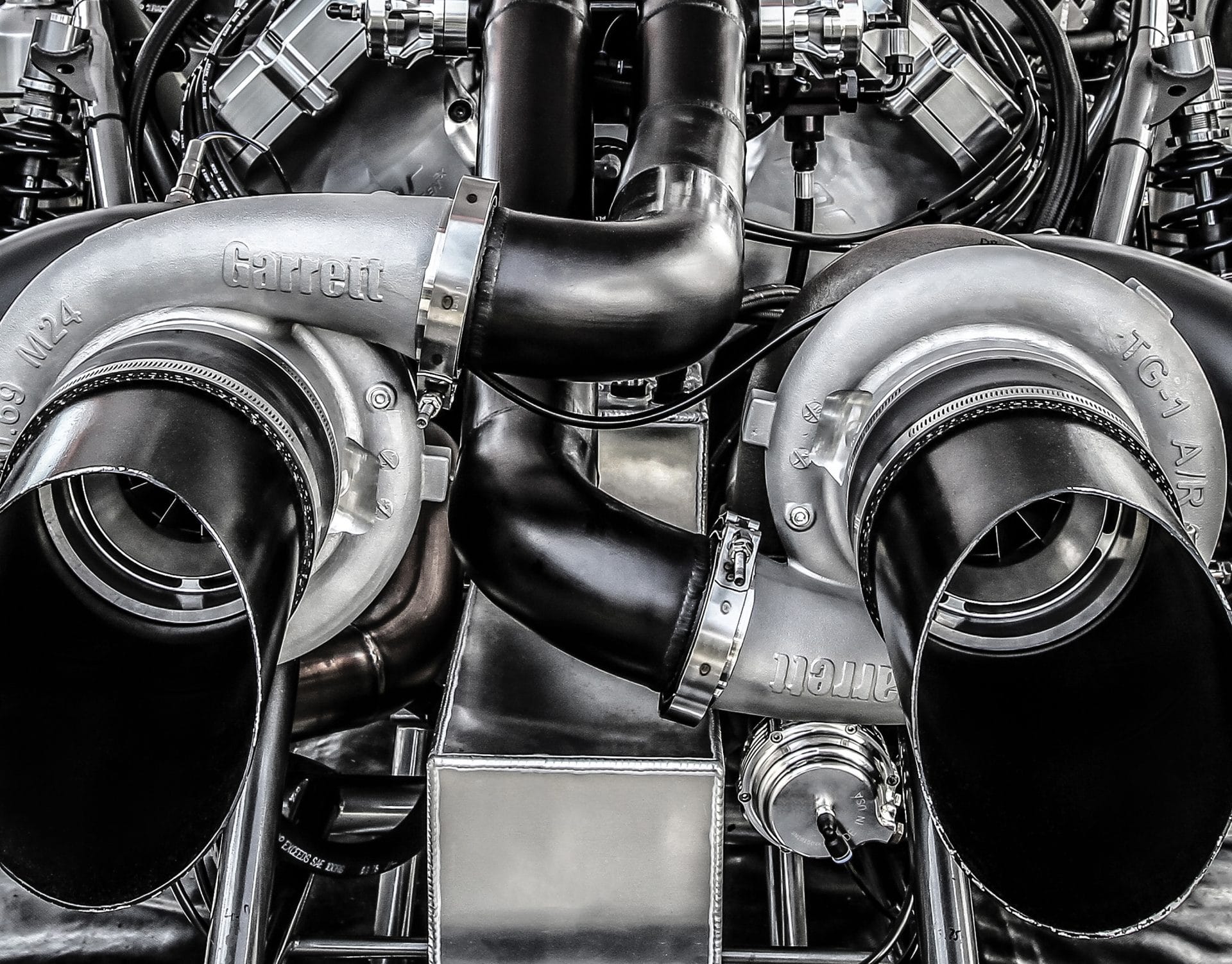I am in the process of installing a remote twin turbo setup (journal bearing style) on a 00 boxster 2.7L H6 5 speed manual transmission (01a model for those familiar with german automotives). I have a transmission cooler setup that I could very easily use to supply oil to my turbos but I am unsure if it is too heavy - royal purple 75w90 max gear.
I have read bobs post about turbo oiling, the advantanges of full synthetic, the need to avoid lightweight oils (
So, does anyone have something objective to contribute? I am tempted to try it and see but that such a huge gamble that the proposition doesn't excite me.
Comments and criticisms welcome.
Best, Ike
I have read bobs post about turbo oiling, the advantanges of full synthetic, the need to avoid lightweight oils (
So, does anyone have something objective to contribute? I am tempted to try it and see but that such a huge gamble that the proposition doesn't excite me.
Comments and criticisms welcome.
Best, Ike
Last edited:


